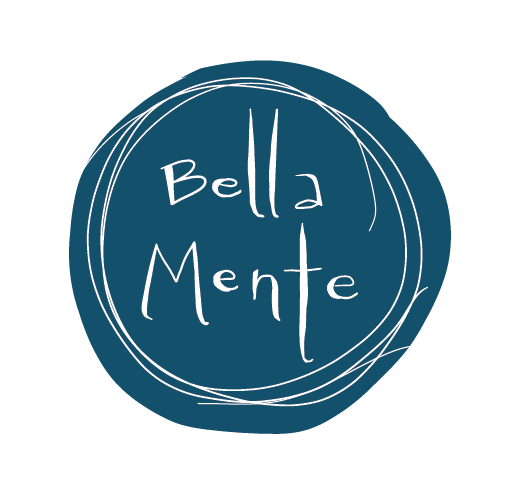Supporting Deeper, More Meaningful Learning for Your Child
Bella Mente uses progressive teaching practices inspired by the Reggio Emilia approach to education. We know how important it is for you, as the parent, to ensure that your child is set up for success as they move through our classrooms and eventually transition into kindergarten. We recognize that because this is our field of expertise, it is our job to make learning visible to our families so that they can also support the approach. At our school, we embrace the Reggio Emilia philosophy because we believe children deserve more than just memorizing facts, they deserve to understand, to create, and to lead their own learning.
While rote memorization focuses on repetition and recall, the Reggio Emilia approach centers on exploration, curiosity, and connection. Children are encouraged to ask questions, investigate real-world topics, and engage in hands-on experiences. This leads to stronger comprehension and a genuine love for learning.
In our classrooms, children express themselves through drawing, building, movement, conversation, and storytelling, we call these the “100 languages of children.” These forms of expression allow them to make meaning in their own unique ways. Instead of memorizing the “right” answer, children learn to think critically, make connections, and explore multiple possibilities. This fosters flexibility and creativity which are skills they’ll use in all areas of life.
Children learn and grow together, sharing ideas, negotiating, and listening to others. This builds strong social-emotional skills and self-confidence.The Reggio Emilia approach honors each child’s voice and curiosity. It helps them build a strong foundation for both future school endeavors and all other areas of their world.
Block Play
Geometric reasoning, spatial logic, symmetry awareness, balance assessment, problem-solving, part-to-whole relationships, visual-motor integration, spatial prediction, structural analysis, measurement concepts
Clay Play
Tactile discrimination, fine & gross motor coordination, spatial awareness, pressure modulation, sculptural planning, bilateral integration, transformation observation, sequencing, material manipulation, symbolic representation, perseverance
Paint Play
Visual-spatial planning, emotional expression, symbolic representation, design thinking, pattern recognition, motor coordination, sensory exploration, aesthetic judgment, decision-making, self-regulation
Dramatic Play
Symbolic thinking, perspective-taking, narrative construction, memory recall, emotional rehearsal, social negotiation, role flexibility, language development, scenario planning, executive functioning
Water Play
Systems thinking, fluid dynamics, transformation observation, volume estimation, regulation and control, hypothesis testing, pattern tracking, temperature awareness, cause-effect analysis, sensory processing
Sand Play
Spatial planning, structural reasoning, pressure control, experimentation, force and resistance analysis, problem-solving, texture differentiation, material comparison, early engineering concepts














